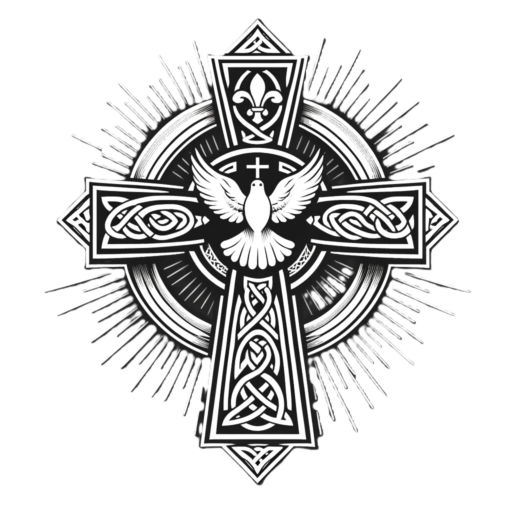Three Early Points in the Video about Sin and Misery
Sin always involves an alienation from God.
Sin awakens in us, just by its very nature, a sense of shame and self-consciousness.
Misery is a state of being self aware.
Bishop Robert Barron explains that Adam hiding from God in Genesis because he was naked shows how Adam felt ashamed and scared after disobeying God. This story in Genesis 3:10 teaches about the consequences of making wrong choices and how those choices can make us feel vulnerable and distant from God.

“Sin is ‘curved in on oneself,’ focusing on self at the expense of others.”
-St. Augustine
St. Augustine, an influential Christian theologian, described sin as being “curved in on oneself” or “curvatus in se.” This concept highlights how sin turns a person’s attention and desires inward, focusing on selfish interests instead of outward towards God and others. Augustine believed that this inward curvature leads to a life centered on self-gratification at the expense of true fulfillment and connection with the divine and the community. His idea underscores the destructive nature of sin as it alienates individuals from their better nature and their spiritual and social responsibilities.
The Shame and Blame Game
The “Shame and Blame Game” occurs when individuals, feeling miserable or guilty, start blaming others to deflect responsibility from themselves.
The Shame & Blame Game
7:00: Bishop Barron discussing the “Shame and Blame Game” of the devil and fallen man.
Jesus reverses the Shame and Blame Game
Jesus came to challenge and defeat evil, offering us a way out of the shame and blame that the devil throws our way. Through His teachings and actions, He shows us how to rise above these negative forces and reclaim our worth and goodness.
Jesus counters and reverses the Shame & Blame
10:49: Bishop Barron discussing how Jesus reverses the Shame and Blame game and establishes the Forgiveness Game.

